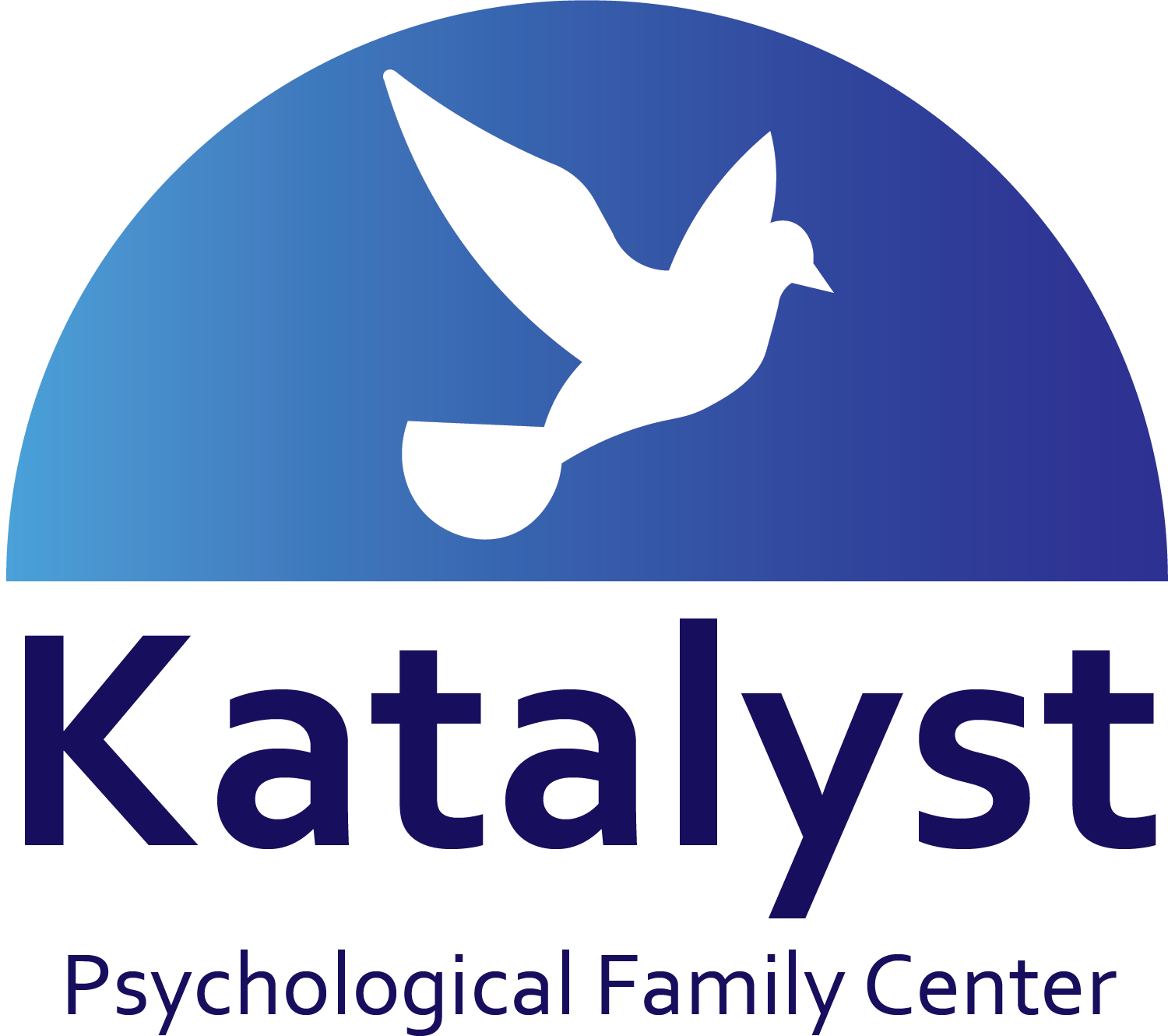Neuropsychological evaluation
Has your pediatrician or teachers recommended a neuropsychological evaluation for your young child, who is struggling in school or with social relationships? Do you have an elderly family member who is starting to have significant problems with memory or coordination? Are you noticing that your cognitive ability is declining? These are some of the reasons that a physician might advise that you or a loved one undergo a neuropsychological evaluation.
The evaluation may take several hours, and includes a variety of tests in the following areas:
- Verbal reasoning
- Executive functioning
- Memory
- Attention
- Cognition
- Perception
- Emotions
- Social Skills
During a neuropsychological evaluation, you will likely be asked to take a variety of tests, some involving hands-on problem solving, and others on an electronic device such as a computer. The tests range from easy to complex, and are designed to give the psychologist an accurate assessment of how your brain works. The results are then compared against scores in a large database of information gathered from other people in the same age group and educational background.
The test results are used to identify strengths and weaknesses in any of the areas tested. For example, a neuropsychological evaluation can help differentiate Attention Deficit Hyperactivity Disorder from anxiety or a learning disability. Test results can help the school, doctor, apatient or the patient’s family, create a treatment plan to address areas of difficulties.
For more information on the neuropsychological evaluation process, please see this article in Psychology Today.
